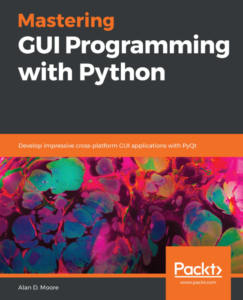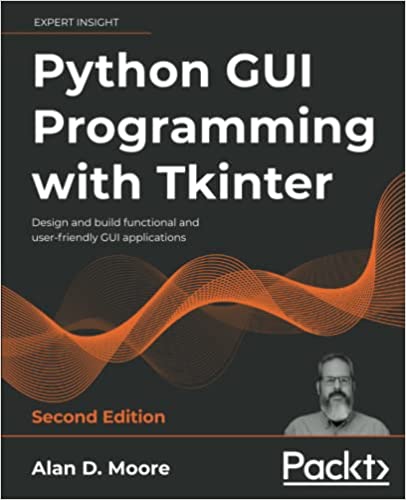When you mention Emacs on the Internet – be it on a blog, forum, mailing list, IRC channel, reddit thread, or tweet – certain responses must inevitably follow.
You were just sharing a bit of news, or asking a question about a feature, or plugging your new webkit-buffers.el library that allows Emacs to really browse the web (somebody write this, please?); but it doesn’t matter. The same responses must always follow:
- Someone must say “Emacs is a great OS. It just needs a good text editor.”
- Someone must post a link to the XKCD comic about Emacs. You know, the “M-x butterflies” one. No, I’m not giving you a link to it.
- Some obviously lost and confused person who has been raised on Visual Studio / Eclipse / XCode or some other bloated IDE wonders incredulously that people still use “those old text editors” for serious development.
And then, of course, the Vi(m) users descend. I don’t know why. I have never, as an Emacs user/fan, butted into a discussion of Vi(m) stuff with my sanctified opinions about it, but like turkey vultures to a possum carcass, Vi(m) fanboys descend on every mention of Emacs with predictable regularity. Their comments vary:
- Some post lengthy walls of text about how they once tried Emacs and it gave them boils which were only cured by switching to Vim.
- Some just say pointless junk like “Vim is better” or “Vim FTW!”
- Some just type “Vim” or “Vi”. Nothing else, no explanation, just that. I don’t get this; it’s as if balance can only be achieved if every mention of Emacs is countered with a mention of Vim. Or maybe it’s some kind of insect-brained knee-jerk response: “I see word Emacs. Must type word ‘Vim'”
If anyone takes the bait (and someone usually does), flame wars ensue that span the gamut from Richard Stallman’s personal hygiene issues to RSI horror stories to “the year of the Linux desktop”.
Then some clever person comes along and posts a link to that rant about “ed”, at which point the thread is locked, comments are disabled, or everyone just agrees they’ve got better things to do.


